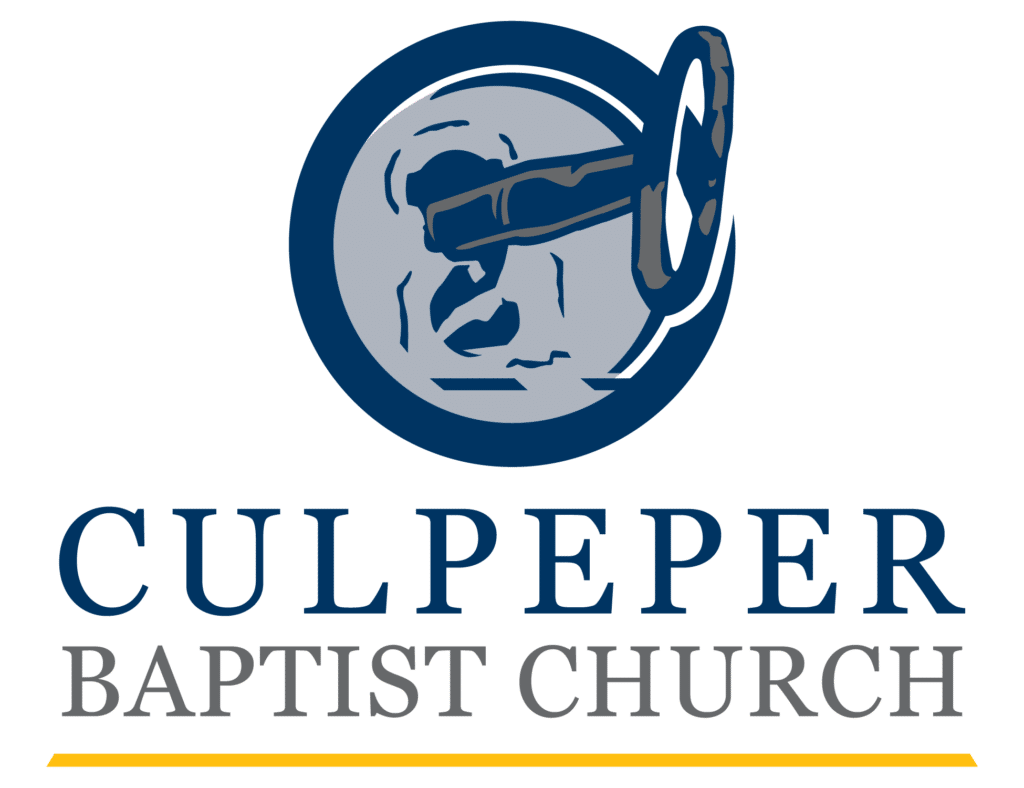The Lord Is My Song
Before We Gather by Zach Hicks
| Scripture
Read Psalm 118:1-14
| Devotion
Some days, it’s really hard to sing. Singing demands so much from you. Done properly, it’s one of the few modes of human expression that requires so much of your faculties-mind, body, spirit, will, and emotions. It’s taxing. No wonder God wants us to sing to him! As an art form, singing just might be the clearest symbol of whole- life worship-offering our entire selves as living sacrifices to God (Rom. 12:1).
Singing is also an exercise in vulnerability. When I sing, you’re not just hearing an instrument that someone made, you’re hearing me. It’s like allowing the inmost portion of your soul to expose itself to others. For these reasons and more, singing is hard enough to do on the good days. For many people, it just might be impossible on the bad days.
It might be hard to admit, but have you ever come to worship and felt like you really didn’t want to sing that day? Did it feel like it would take more energy or joy than you had, or like you’d be an impostor because your heart wouldn’t really be in it?
Funny enough, if you really think about the lyrics to Psalm 118, you get the impression that it’s a song written by someone who’s really struggling to sing. On one read, perhaps you could hear phrases like “the LORD is on my side; I will not fear” (v. 6) as bold, triumphant, and joyful. But if you pay attention to the feeling words the psalmist uses throughout, you get the impression that he’s trying to convince himself that all these triumphant truths are real and worth singing about. The psalmist says he is in “distress” (v. 5), that he’s “surrounded” (vv. 10-12), and that he’s “falling” (v. 13).
I don’t know about you, but when I’m feeling those things, the last thing I want to do is sing.
So why is the psalmist singing? What gives him the strength? Verse 14 is the answer: “The Lord is my strength and my song.” Surprise! The psalmist isn’t singing at all. The Lord is.
When the psalmist sings “the Lord is my song,” it’s not only that the Lord is the content of his song. Nor is it merely some symbolic way of saying that God is the object or audience of his song. The Lord himself is his song. When we sing, therefore, we don’t just sing about the Lord or to the Lord. When we sing, the Lord himself sings.
Scripture attests that God is a singer. Zephaniah 3:17 says that God “is in your midst, a mighty one who will save; he will rejoice over you with gladness; he will quiet you by his love; he will exult over you with loud singing.” And not only is God a singer, but God the Son is said to be singing with us when we gather for worship. Quoting Psalm 22, Hebrews 2:12 has Jesus declaring, “I will tell of your name to my brothers; in the midst of the congregation I will sing your praise.”
And right here, we’re able to make a connection between our singing Savior and what it means when Scripture says that, as the church, we are the “body of Christ” (Rom. 12:5; 1 Cor. 12:12, 27; Eph. 4:12; Col. 3:15). The body of Christ is more than a metaphor. And if so, it means that when the body of Christ sings, the voice of Christ’s singing can be heard.
If that’s not encouraging enough for weary singers, listen to the whole verse: “the LORD is my strength and my song; he has become my salvation” (Ps. 118:14). It makes a connection between singing and strengthening. When we sing (really, as Jesus sings), we’re buoyed, lifted up. And another connection is made, as well – salvation. The song Jesus sings is his song of salvation – the anthem of the cross, where Jesus loved us and gave himself for us (Gal. 2:20). When Jesus gave himself for us, evidently that included both his song and his singing.
This is all around good news any way you look at it. If you don’t have the strength to sing, Jesus will sing for you. If you’re able to sing, Jesus is the one singing in you and alongside of you. So get ready, your strength is coming. You’re going to hear his voice today, and it’s going to sound a lot like love, mercy, and grace.
| Prayer
Aim your prayers in this direction:
- Pray that the Holy Spirit fills your church this morning with an inspiring and powerful voice.
- Pray that timid singers would find themselves strengthened and confident to sing out, and that people who are too weary to sing wouldn’t be embarrassed but feel the freedom to simply soak in Jesus’ song.
- Pray for all the musicians who will lead the singing today that their musicianship would be skilled, beautiful,
and inspiring, and that they would be able not just to accompany the church’s song but also to join it.


